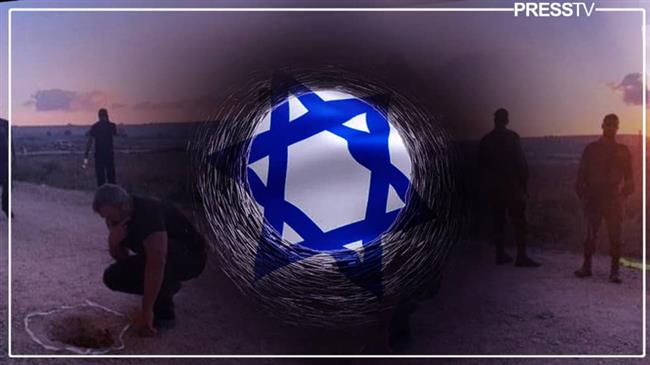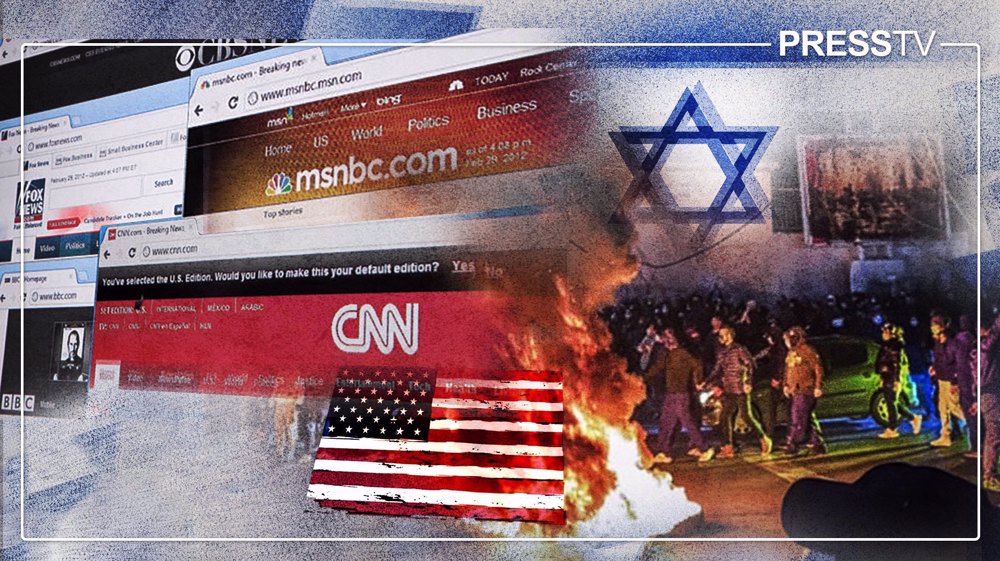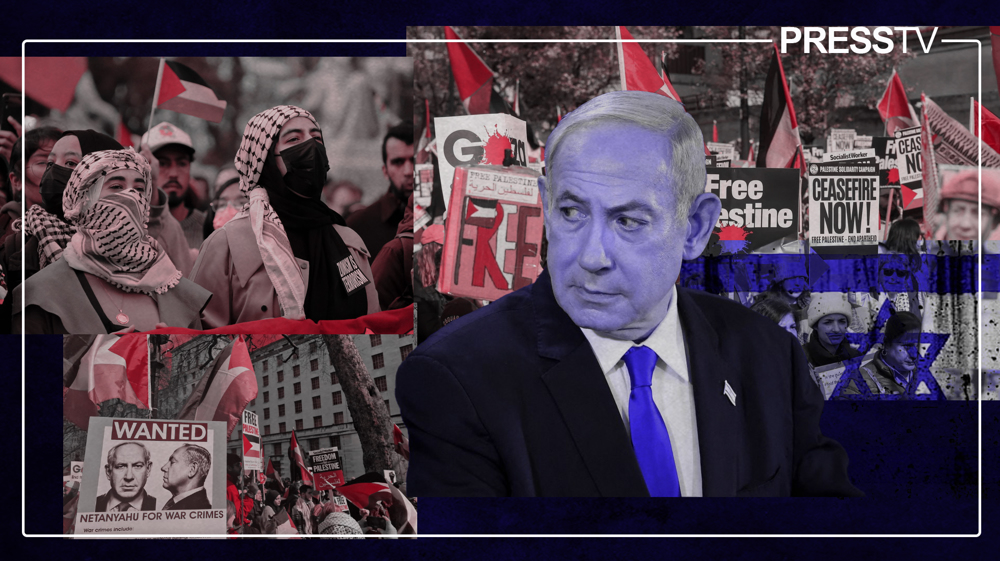Palestinian prisoners’ liberation shows fragility of colonial regime
By Denijal Jegić
Six Palestinian political prisoners escaped from a high-security prison operated by the Israeli regime. Despite a meticulously organized network of colonial oppression, the Israeli regime is confronted with its own weakness, as the latest incident shows.
The six Palestinian prisoners were facing life sentences in Israeli jail. They escaped through an underground tunnel that they were able to dig from within the prison. Israeli forces have launched a search. An Israeli official called the incident “a major security and intelligence failure.” Indeed, the high-security Gilboa prison in Northern Palestine has been described as “the most intensely secured of its kind.” The mere fact that the Palestinians were able to escape points to the fragility of Israel’s colonial incarceration industry.
For over a century, Zionist settlers have been inventing ways to grab the land and cleanse it of its indigenous population. Yet, they are constantly faced with the perseverance of the Palestinian resistance - a struggle that the colonial regime cannot win in the long run.
Colonialism and incarceration
Prisons in particular are an integral part of the Israeli colonial system and serve as a method to control, contain, and silence Palestinians.
Thousands of Palestinians, including at least 200 children, are currently incarcerated in Israel’s notorious prison structure. This year alone, around a thousand Palestinian children have been arrested. Palestinians from the West Bank are locked up in prisons in the territories of 1948, in violation of the Fourth Geneva Convention which forbids the occupying power from population transfer. The Israeli regime regularly abducts children in the middle of the night. Prisoners are often subject to various forms of physical and emotional violence, including torture and sexual abuse.
The Israeli regime’s well-organized prison structure is an epitome of the power relations between the occupier and the indigenous population. Palestinian life as such is criminalized under colonial rule. Palestinians become suspects through their very existence and presence on their own land. The Israeli regime has imprisoned Palestinians for activities such as throwing stones or publishing poetry. Palestinian reality under Israeli rule is characterized not only by incarceration in jails. Through colonial techniques of segregation and surveillance, the Israeli regime has fragmented the West Bank into enclaves, separated by an abundance of walls, cages, and gates.
This regime of terror largely stems from the colonizer’s fear of the indigenous people and its attempts to control every aspect of Palestinian life and, effectively, coerce Palestinians into complete capitulation.
The Israeli regime’s fragility
The nuclear-armed Israeli regime is a regional power that enjoys extraordinary protection by the United States and support from its Western backers. It plays a crucial role in the transnational industry of oppression, marketing itself as a successful model of colonial practices, military supremacy, and surveillance technologies.
But the many billions of US taxpayer dollars that are being pumped into the Israeli regime could not prevent the six Palestinians from escaping Gilboa prison. Neither can Israel’s propaganda or military wars obstruct Palestinians from fighting their continuous struggle for freedom and liberation.
The worst prison break in the Israeli regime’s history is just the latest in a chain of events that demonstrate the fragility of the Israeli security apparatus and, indeed, the weakness of the colonial project as such.
In May 2021, following heightened Israeli attacks on Christian and Muslim worshipers on Easter and Ramadan, repeated raids in the Al Aqsa Mosque and an aggressive ethnic cleansing campaign in the Sheikh Jarrah neighborhood of occupied al-Quds, the Israeli regime launched a bombardment campaign in Gaza.
Palestinian resistance responded with significantly strengthened military capacity. The Israeli regime’s Iron Dome failed to intercept many of the rockets coming from Gaza, which were able to reach al-Quds and Tel Aviv.
Palestinians from the different parts of historic Palestine and the diaspora cooperated in their resistance efforts. Protests in solidarity with the Palestinian struggle erupted worldwide. The Israeli regime had to proclaim an embarrassing ceasefire and suffered a major PR failure.
The war displayed the increased capacities of the Palestinian resistance and showed how rapidly the Israeli regime was losing control of the situation. The events enforced a new equation.
They also demonstrated the Israeli regime’s existential dependence on foreign backing, particularly on its role as a proxy for the United States. Washington’s declining significance in the region of Western Asia may bear more unfavorable repercussions for Tel Aviv.
Resistance efforts
The colonial regime’s struggle for survival is contrasted by Palestinians’ continuous resistance efforts and aims of liberation and freedom. Following the escape of the six prisoners, celebrations were held in different locations in Palestine and elsewhere. Palestinian resistance groups and the Lebanese resistance movement Hezbollah have hailed the escape as heroic and a slap in the face of the occupier. One of the escaped prisoners, Zakaria Zubeidi, who is the director of the Jenin Freedom Theater, wrote in a letter sent from prison in 2012, ”I am spiritually, physically and mentally prepared to die for my freedom.”
Their escape from prison represents another act of successful liberation and strengthens the perspective that the colonial prison system will eventually be abolished and, in fact, the colonial regime as such.
Denijal Jegić is a researcher and author, currently postdoctoral research fellow at the Lebanese American University in Beirut, where he teaches multimedia journalism and communication. He holds a PhD in American Studies. His work focuses on colonialism, resistance, and media representations with a particular emphasis on Palestine. He is the author of the book “Trans/Intifada: The Politics and Poetics of Intersectional Resistance.”
(The views expressed in this article do not necessarily reflect those of Press TV.)
Araghchi slams World Economic Forum for canceling his Davos invitation
Iran condemns Argentina’s unfounded accusations against IRGC
VIDEO | Fighting British state
Pezeshkian calls recent riots in Iran part of ‘failed’ US-Israeli war
VIDEO | Iran unity nullifies sedition
UK ‘preemptively’ discharges pro-Palestine hunger strikers recovering in hospital
US dollar falls in Iran amid rising export currency supply
Trump’s ‘Board of Peace’ for Gaza an extension of Israeli occupation: Ex-UN rights chief










 This makes it easy to access the Press TV website
This makes it easy to access the Press TV website